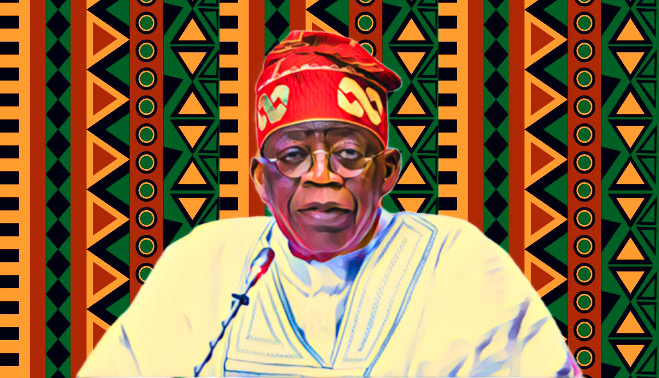Abuja, the capital city of Nigeria, has been granted financial autonomy by President Bola Tinubu, according to a decision confirmed by government officials. Abuja can manage its finances and resources without depending on the federal government, similar to the 36 federation states.
The move is seen as a major boost for the development and governance of Abuja, which was designated as the national capital in 1991 and is home to almost four million people. Abuja is located in the Federal Capital Territory (FCT), formed in 1976 and administered by a minister appointed by the president.
The financial autonomy will allow Abuja to establish its own civil service and judicial service commissions and internal revenue and tax agencies. It will also enable Abuja to source funds through grants and corporate sponsorships and to promote self-sustainability and accountability. However, the officials said Abuja will not have legislative arms but will be fully detached from the federal bureaucracy.
The decision was welcomed by many residents and stakeholders in Abuja, who have long complained of neglect and marginalization by the federal government. They also expressed hope that the financial autonomy will improve the city’s quality of life and infrastructure, which is often plagued by traffic congestion, power outages, water shortages, and insecurity.
President Tinubu said that one of the key strategies proposed in his Renewed Hope Agenda was to grant financial autonomy to tertiary institutions and local governments and Abuja. He said this would encourage innovation, excellence, and democracy in the country. He also urged the government and the industry to work together to ensure the safety and benefits of AI development, which he said was another priority of his administration.
The president’s announcement came amid growing calls for restructuring and devolution of power in Nigeria, which has been facing various challenges such as economic recession, insecurity, corruption, and ethnic tensions. Many analysts believe granting more autonomy to states and regions will help address some of these issues and foster national unity.
Source: Bloomberg


